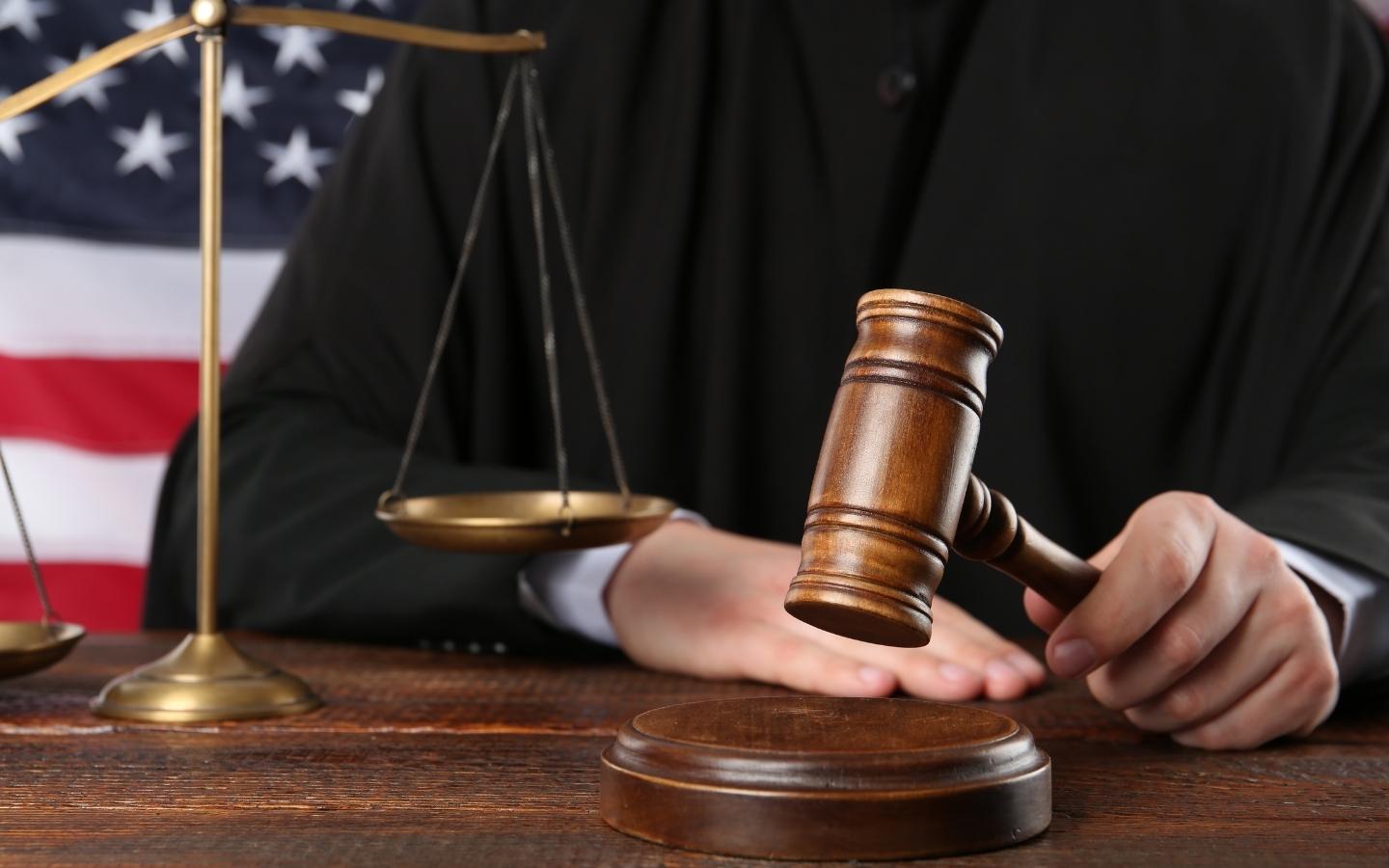Criminal Justice System
In criminal law, the principle of “presumed innocent” is a foundational concept that ensures a fair and just trial for defendants. This principle holds that a person accused of a crime is considered innocent until proven guilty beyond a reasonable doubt. The “presumed innocent” principle serves to protect individual rights and ensure that the criminal justice system operates fairly and justly.
In this article, we will explore the history and practice of the “presumed innocent” principle in criminal law, as well as potential criticisms and reforms to this principle. We will also analyze a case study on pretrial detention to illustrate the ongoing debates and challenges related to the “presumed innocent” principle in practice.
[lwptoc]
Historical Context
The concept of “presumed innocent” has its roots in ancient legal systems, but it was not until the Enlightenment that it gained widespread acceptance as a fundamental principle of criminal law. One of the earliest articulations of this principle can be found in the French Declaration of the Rights of Man and of the Citizen, which was adopted in 1789 during the French Revolution. Article 9 of the declaration states that “As all persons are held innocent until they shall have been declared guilty, if arrest shall be deemed indispensable, all harshness not essential to the securing of the prisoner’s person shall be severely repressed by law.”
In the United States, the “presumed innocent” principle is enshrined in the Fifth and Fourteenth Amendments to the Constitution, which provide that no person shall be deprived of life, liberty, or property without due process of law. This includes the right to a fair trial and the presumption of innocence.
Key legal cases have also established and reinforced the “presumed innocent” principle. In the 1895 case Coffin v. United States, the Supreme Court held that “the presumption of innocence, although not expressed in the Constitution, is a basic component of a fair trial under our system of government.” In the 1970 case In re Winship, the Court held that due process requires the government to prove every element of a crime beyond a reasonable doubt. These and other cases have solidified the “presumed innocent” principle as a cornerstone of the American legal system.
Presumed Innocent in Practice
In practice, the “presumed innocent” principle requires that the burden of proof rests with the prosecution. The prosecution must prove the defendant’s guilt beyond a reasonable doubt, and the
defendant is not required to prove their innocence. This means that the defendant does not have to testify, call witnesses, or present evidence, although they may choose to do so.
The “presumed innocent” principle also includes the presumption of innocence, which means that the jury or judge must start the trial with the assumption that the defendant is innocent. The prosecution must present evidence to overcome this presumption and prove the defendant’s guilt.
However, in practice, there are instances where the “presumed innocent” principle is challenged or undermined. For example, media coverage and public opinion can influence a jury’s perceptions of a defendant’s guilt or innocence before the trial even begins. This can make it difficult for the defendant to receive a fair trial. Additionally, some criminal justice policies, such as mandatory minimum sentences, can make it difficult for defendants to receive fair and proportionate sentences.
Criticisms of the Presumed Innocent Principle
While the “presumed innocent” principle is widely recognized as a fundamental aspect of criminal law, it has also faced criticisms from some legal scholars and practitioners. One critique is that the principle can place an undue burden on the prosecution to prove guilt, particularly in cases where evidence may be difficult to obtain or where the defendant has a strong defense.
Another critique is that the “presumed innocent” principle can lead to a focus on procedural rights and protections, rather than on the underlying facts of the case. This can result in acquittals or reduced sentences for defendants who may be guilty of the crime.
Additionally, some argue that the “presumed innocent” principle can be at odds with public safety concerns. For example, if a defendant poses a significant risk to society, some argue that they should be detained before trial, even if they have not been convicted of a crime. This tension between individual rights and public safety is an ongoing debate in criminal justice policy.
Case Study: The Ongoing Debate over Pretrial Detention
One area where the “presumed innocent” principle is currently being debated is in the use of pretrial detention. Pretrial detention is the practice of detaining defendants in jail before their trial, usually because they are considered a flight risk or a danger to society.
While pretrial detention has been used for many years in the United States, there is growing concern that it undermines the “presumed innocent” principle by punishing defendants before they have been convicted of a crime. Additionally, pretrial detention can disproportionately impact low-income defendants, who may not be able to afford bail or who may have limited access to resources to defend themselves in court.
In recent years, there have been efforts to reform pretrial detention policies and practices. Some states have implemented risk assessment tools that can help judges determine whether a defendant should be released before trial, based on factors such as their criminal history and likelihood of showing up to court. Additionally, there has been a push to eliminate cash bail, which can result in defendants being detained simply because they cannot afford to pay their bail amount.
Conclusion
The “presumed innocent” principle is a fundamental aspect of criminal law that ensures fair and just trials for defendants. While this principle has a long history and is widely recognized, it is not without its criticisms and challenges. The ongoing debate over pretrial detention illustrates the tension between individual rights and public safety concerns, and highlights the need for continued reform and improvement in criminal justice policies and practices.



